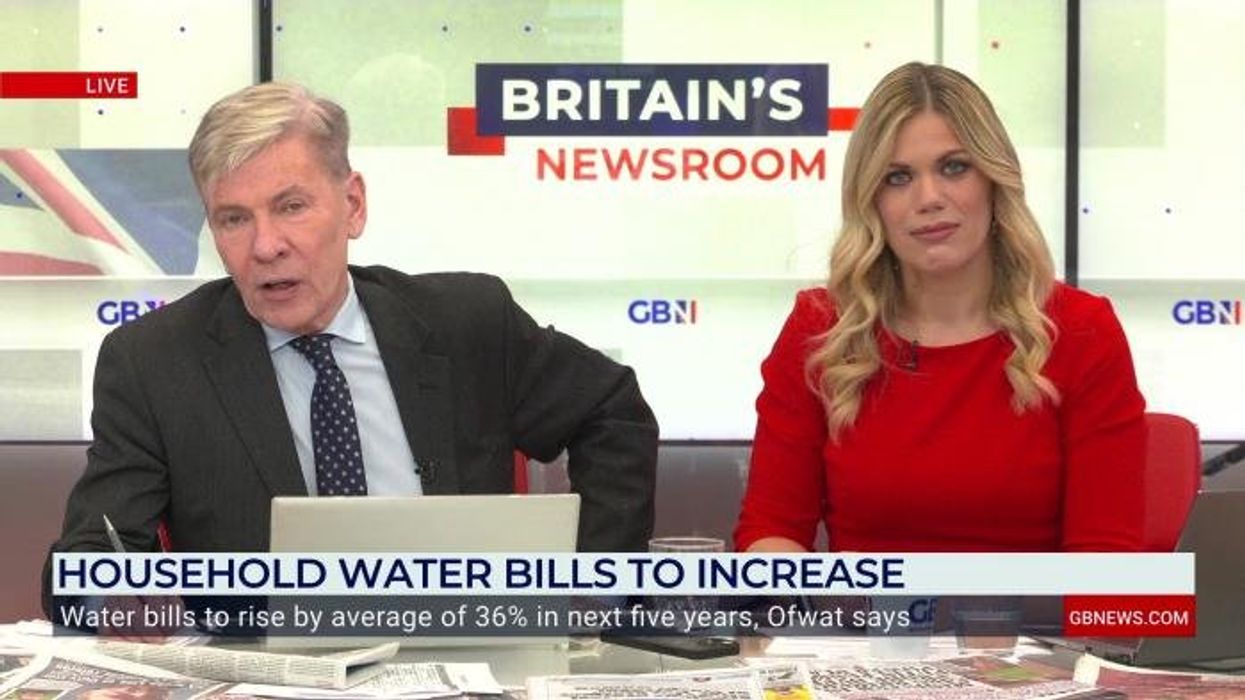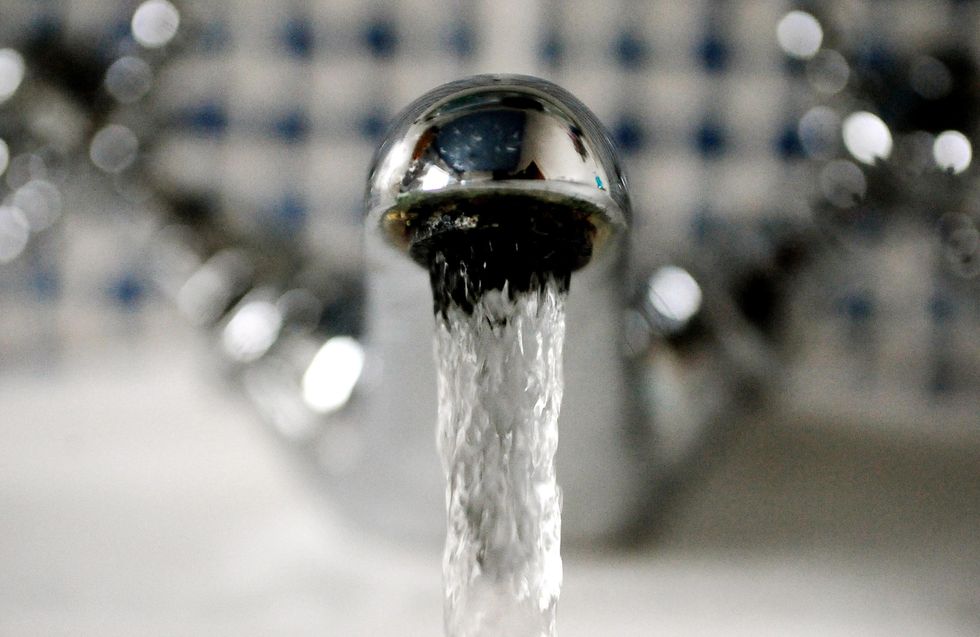Water bills set to climb again as watchdog backs hikes of up to 5 per cent - check how much more you'll pay

Andrew Pierce fumes at the rise in water bills on GB News |
GBNEWS

Water bills could rise by between one per cent and five per cent
Don't Miss
Most Read
Latest
Millions of households are facing higher water bills after five suppliers were provisionally given the go-ahead to raise charges by up to five per cent more than previously agreed.
The move, approved by the competition watchdog, means customers could see steeper increases than those set by industry regulator Ofwat, adding further pressure to family budgets already stretched by the cost of living.
Households could face an average extra three per cent rise on their water bills after five suppliers successfully challenged Ofwat’s pricing decision. The extra revenue is earmarked for strengthening supply resilience, tackling pollution and covering higher financing costs.
A price control sets how much money water companies can collect from customers. In December 2024, Ofwat announced its PR24 review, which covers the years 2025 to 2030.
The regulator said the decision would mean average bills rising by £157 – around 36 per cent – over the next five years.
The firms – Anglian Water, Northumbrian Water, South East Water, Southern Water and Wessex Water – argued that Ofwat’s original settlement left them unable to meet regulatory requirements.
TRENDING
Stories
Videos
Your Say
 The increase is markedly higher than Ofwat's earlier draft proposals from July | PA
The increase is markedly higher than Ofwat's earlier draft proposals from July | PAFollowing a review, the Competition and Markets Authority (CMA) has provisionally ruled that Anglian and Northumbrian should be allowed to increase bills by a further one per cent, Southern by three per cent, South East by four per cent and Wessex by five per cent.
In total, the CMA’s provisional decision granted the companies an extra £556 million in revenue, around 21 per cent of the £2.7 billion they had requested.
Kirstin Baker, who chaired the independent group of experts appointed by the CMA to consider the price controls, said: “We’ve found that water companies’ requests for significant bill increases, on top of those allowed by Ofwat, are largely unjustified.
“We understand the real pressure on household budgets and have worked to keep increases to a minimum, while still ensuring there is funding to deliver essential improvements at reasonable cost.”
 Water companies are trying to raise water bills by an "eye-watering" 70 per cent | GETTY
Water companies are trying to raise water bills by an "eye-watering" 70 per cent | GETTY The CMA’s provisional ruling sets out how much more households could be paying over Ofwat’s original settlement.
Under the revised figures, Anglian Water’s average annual bill would rise to £599 – a one per cent increase on Ofwat’s decision – while Northumbrian customers would pay £495, also one per cent higher.
South East Water customers face the steepest jump, with bills climbing to £286, four per cent above Ofwat’s figure.
Southern Water bills would rise by three per cent to £638, and Wessex Water customers would see the biggest increase in cash terms, with bills climbing to £622, five per cent higher than the regulator’s original decision.
In December, Ofwat said it would allow water firms to raise bills by an average of £157, or 36 per cent , over the next five years to help finance investment into crumbling infrastructure.
But in March, Ofwat formally referred requests from the five companies for a redetermination of their bill increase allowance after they argued that the decision left them unable to meet the regulatory requirements set out for them. This started a six-month period for the CMA to consider their appeals.
Water minister Emma Hardy said: “I understand the public’s anger over bill rises – that’s why I expect every water company to offer proper support to anyone struggling to pay.
"We’ve made sure that investment cash goes into infrastructure upgrades, not bonuses, and we’re creating a tough new regulator to clean up our waterways and restore trust in the system.
"We are laser-focused on helping ease the cost of living pressure on households: we’ve frozen fuel duty, raised the minimum wage and pensions and brought down mortgage rates — putting more money in people’s pockets."
More From GB News










